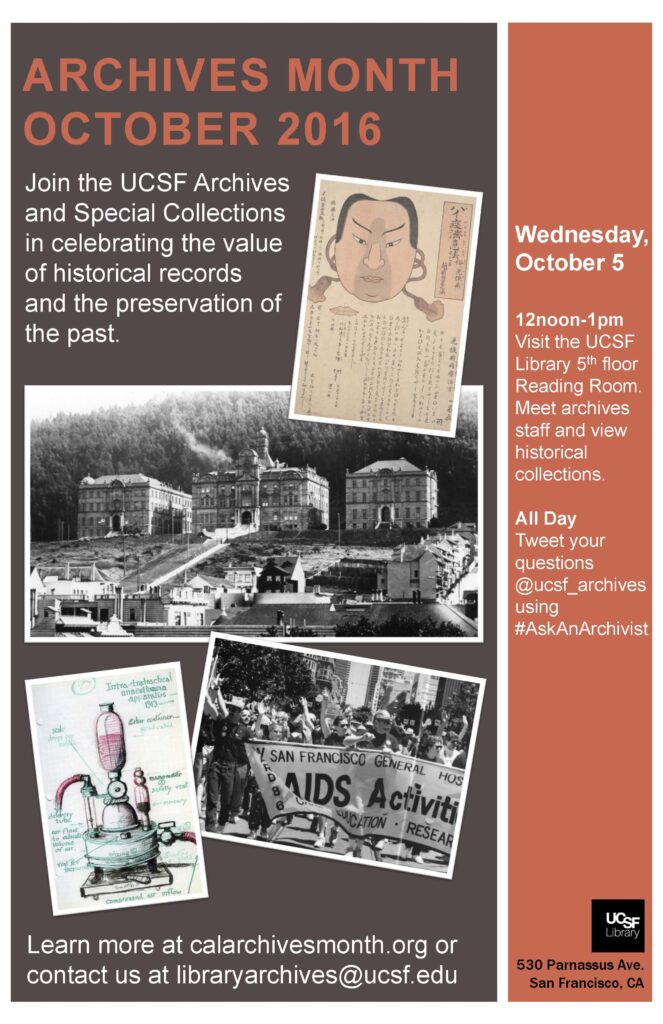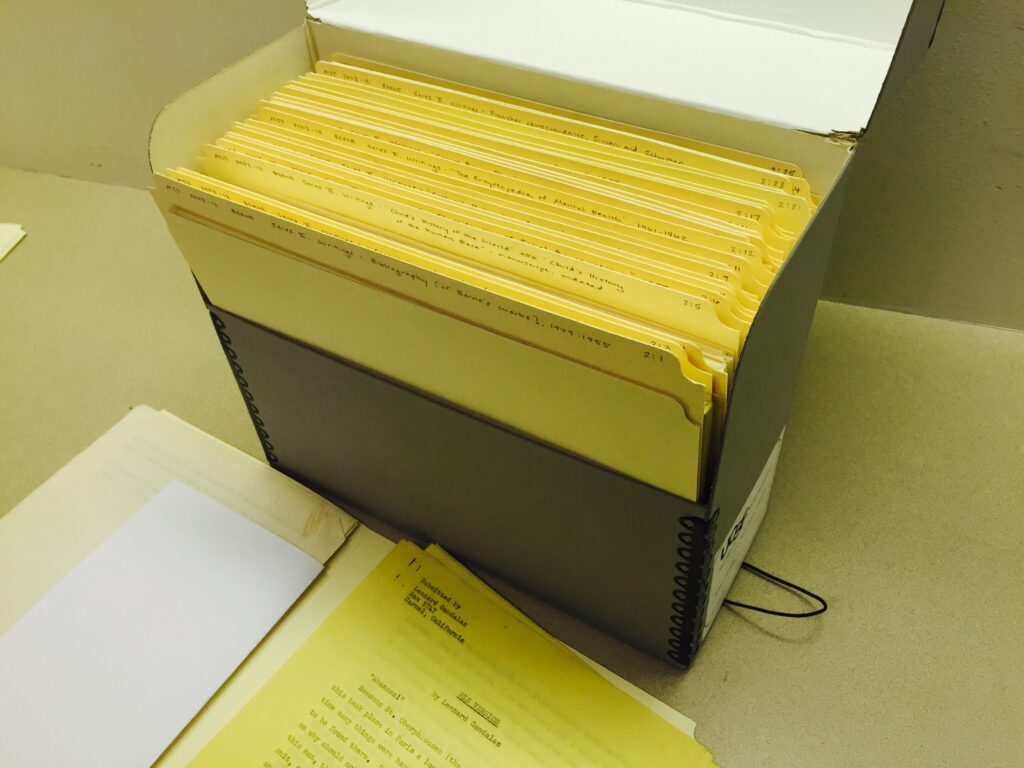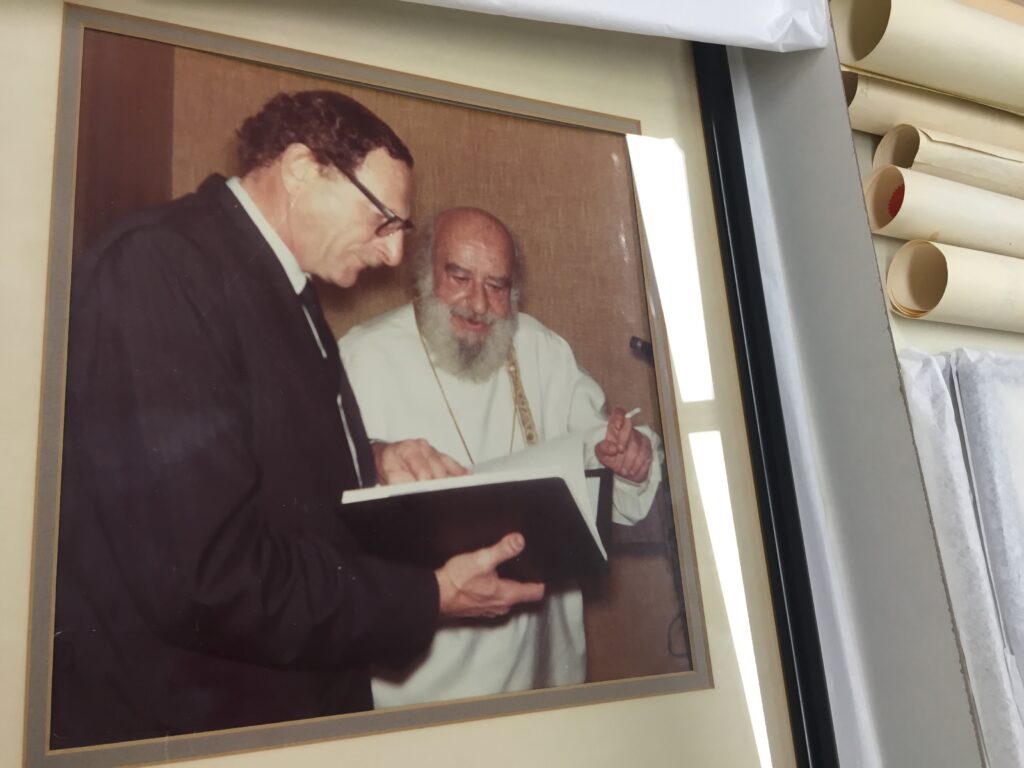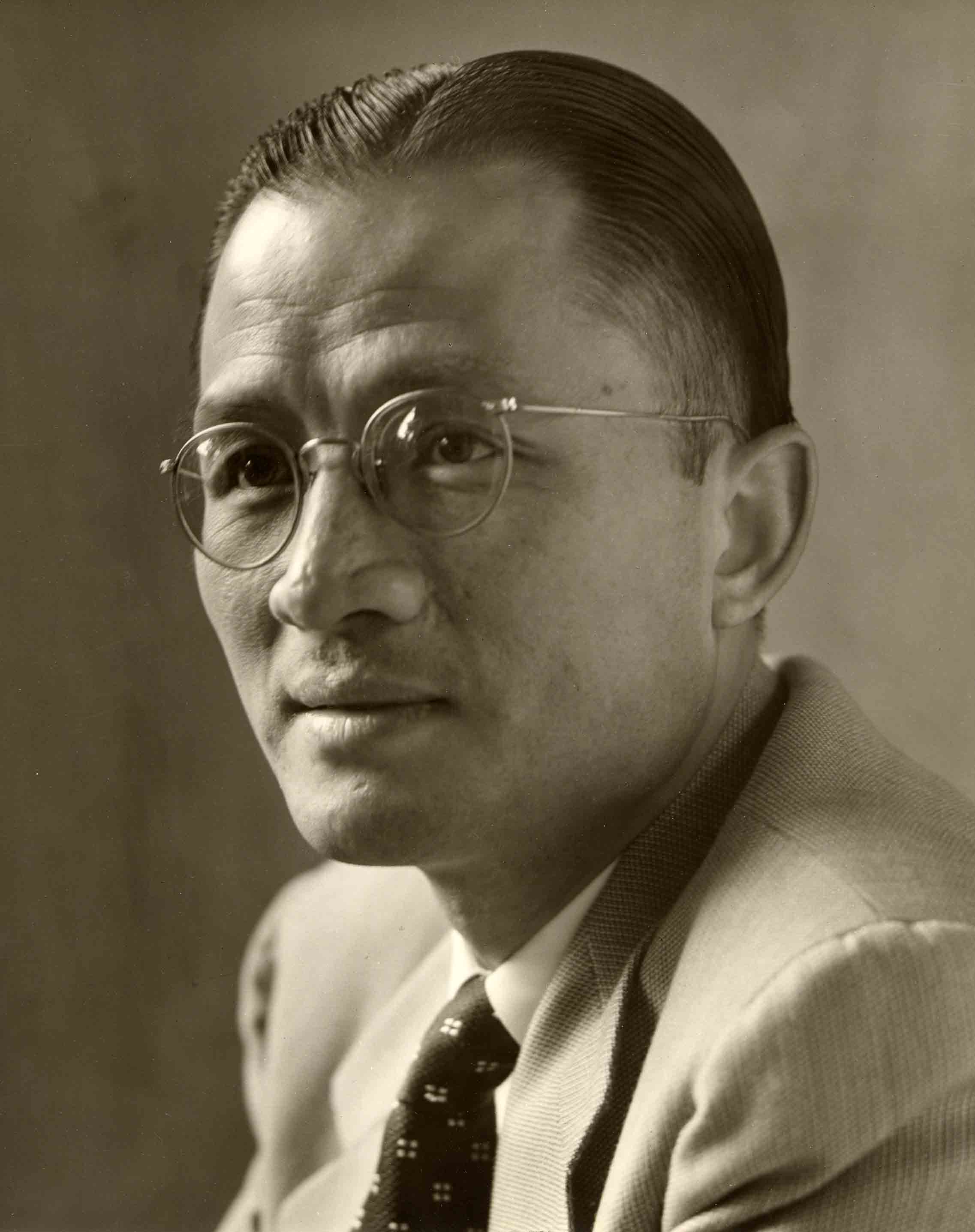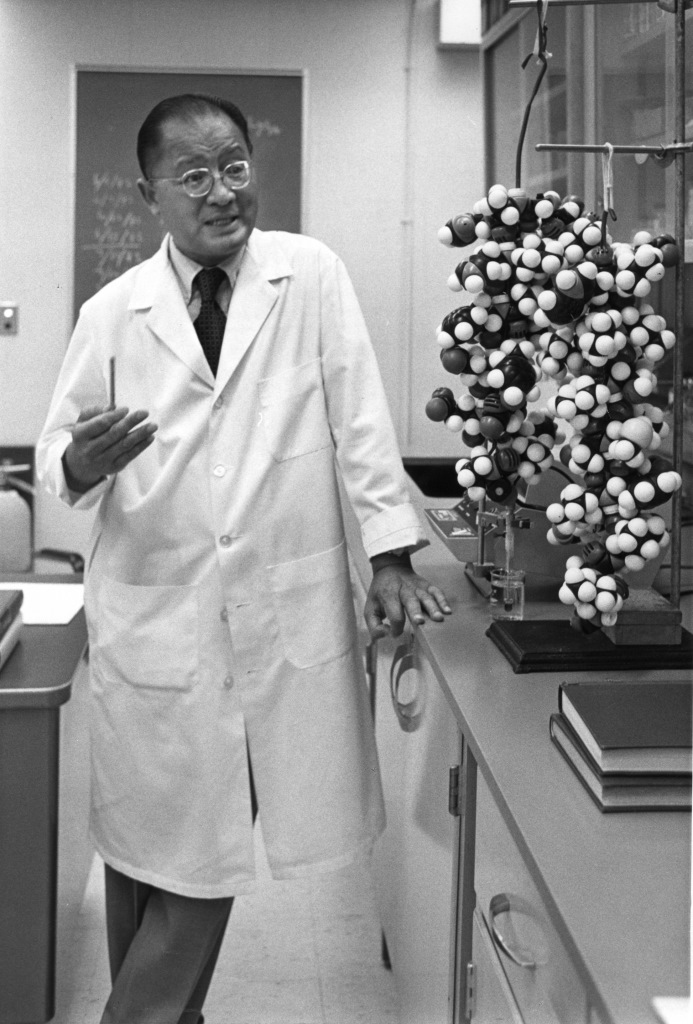Date: Friday, September 30, 2016
Time: 12 pm – 1:15 pm
Lecturer: Elena Conis, PhD (UC Berkeley & UCSF)
Location: Lange Room, 5th Floor, UCSF Library – Parnassus
530 Parnassus Ave, SF, CA 94143
This event is free and open to the public. Light refreshments will be provided.
REGISTRATION REQUIRED: tiny.ucsf.edu/vaccination930
Join UCSF Archives & Special Collections for an afternoon talk with author Elena Conis as she discusses her book Vaccine Nation: America’s Changing Relationship with Immunization. A limited number of books will be available for purchase.
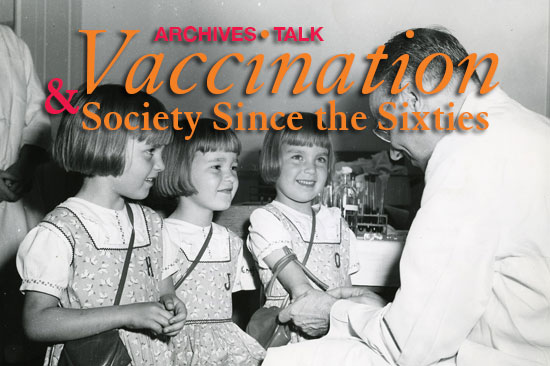
W. McD. Hammon with triplets participating in a polio study at the Hooper Foundation (UCSF)
The past fifty years have witnessed an enormous upsurge in vaccine use in the United States: American children now receive more vaccines than any previous generation, and laws requiring their immunization against a litany of diseases are standard. And yet, while vaccination rates have soared and cases of preventable infections have plummeted, an increasingly vocal cross-section of Americans have questioned the safety and necessity of vaccines. In this talk, Elena Conis explores the emergence of widespread acceptance – and rejection – of vaccines from the 1960s to the present, finding the origins of today’s vaccination controversies in historical debates over topics ranging from national security to body piercing to the role of women in contemporary society. Vaccine acceptance, she argues, has never been simply a scientific matter, but one profoundly shaped by our politics, economics, and culture.
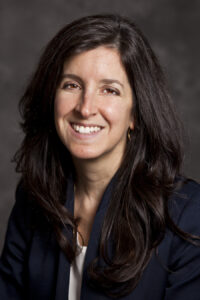
Elena Conis, PhD
Elena Conis is a writer and historian of medicine, public health, and the environment. She is a member of the faculty of the Graduate School of Journalism at UC Berkeley and an affiliated faculty member of the Department of Anthropology, History, and Social Medicine at UCSF. Previously, she was a history professor and the Mellon Fellow in Health and Humanities at Emory University; the Cain Fellow at the Chemical Heritage Foundation; and an award-winning health columnist for the Los Angeles Times. Her first book, Vaccine Nation, won the Arthur J. Viseltear Award from the American Public Health Association and was named a Choice magazine outstanding title and a pick of the week by the journal Nature. She is currently working on a book on the history of the pesticide DDT. She holds a PhD in the history of health sciences from UCSF, masters degrees in journalism and public health from Berkeley, and a bachelors degree in biology from Columbia University.
About the UCSF Archives & Special Collections Lecture Series
UCSF Archives & Special Collections launched this lecture series to introduce a wider community to treasures and collections from its holdings, to provide an opportunity for researchers to discuss how they use this material, and to celebrate clinicians, scientists, and health care professionals who donated their papers to the archives.

